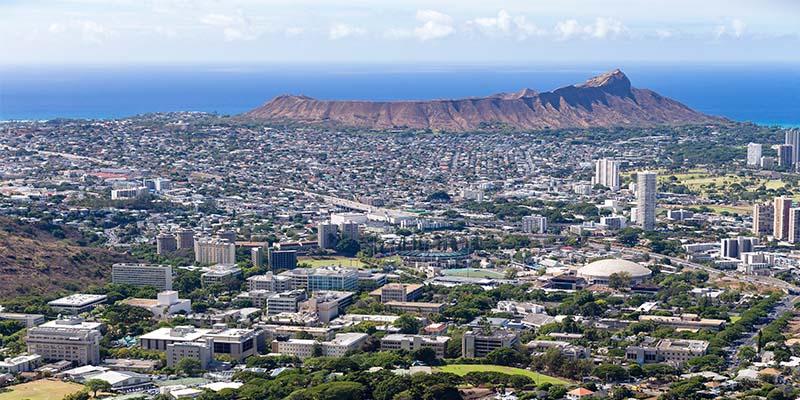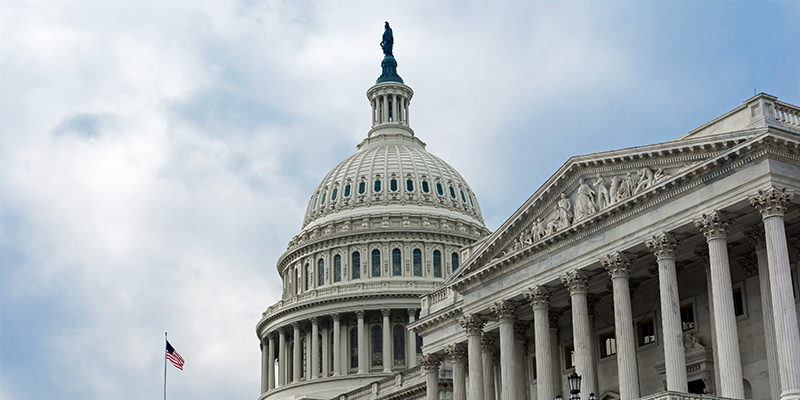Virtually everyone agrees that educating our children is the most important thing a society can do. Doing so requires money, of course. But it also requires that the money be spent effectively.
That’s especially important here in Hawaii, where we have a unique system for funding education. Instead of being handled by local governments, the centralized state Department of Education controls the purse strings, to the tune of more than $3 billion in combined state and federal tax dollars. So all of us must be careful to make sure the money is spent wisely.
Unfortunately, a vaguely worded measure on the November ballot would be a big step away from accountability. The proposed constitutional amendment would be titled only: “CON AMEND: Relating to Public Education and Investment Property.” The full text on the ballot reads: “Shall the legislature be authorized to establish, as provided by law, a surcharge on investment real property to be used to support public education?”
Why should those outside of Hawaii care? Because Hawaii is a test case for education activists. If they can ram through a massive tax increase with no accountability or transparency in one state, they’re likely to try something similar in mainland states. Any NAIOP member that owns or invests in our state needs to be aware of the amendment, and prepared to take action against it.
The proposed amendment doesn’t give much guidance about what people are actually voting to do. But this measure would give the legislature new taxation authority that would affect not only commercial real estate, but ALL investment property. That is why NAIOP Hawaii is part of the Affordable Hawaii Coalition that’s working to defeat the amendment at the polls.
The price tag would be huge: Supporters want to raise $500 million per year, and that would mean more than a 50 percent tax increase on all investment property. The policy wouldn’t be limited to investors. It would create a tax that would increase the cost of living for everyone in Hawaii, and Hawaii already has the unfortunate distinction of having one of the highest costs of living in the nation.
Supporters of the amendment claim that it would only target second homes valued at more than $1 million. While an early version of the bill stated that, the final language approved by the legislature and placed on the ballot clearly covers all investment property, without exception as to type or amount. Therefore, the proposal would drive up costs for anyone who rents or buys goods and services from businesses that own or rent space. That list includes residential renters, retailers, stores, medical facilities, movie theaters, offices and all of their customers. Ironically, the law could turn out to be a setback for one of the groups it intends to help: teachers. Most teachers in Hawaii rent their homes. A big increase in their rent would make it even more difficult for teachers to afford to live in Hawaii.
Worse, there’s no guarantee that actual spending on education would go up. The legislature would be free to use the new funding to replace some of the general fund money it currently allocates to education and divert it to other purposes. That’s happened many times; since 2011, legislators have diverted more than $500 million from special and revolving funds to the general fund. Hawaii could get a massive tax increase without actually bumping up the amount it spends on education.
There are structural issues that should be addressed before any new tax measures are considered.
First, lawmakers should reform the Department of Education to make it more effective. Hawaii spends roughly $3 billion on education every year. That includes $2 billion from the state’s general funds and $1 billion from the federal government and is 16 percent more than the national average. Yet the Education Institute of Hawaii reports that it can’t effectively track the spending of that money. We need to figure out how the current budget is being spent before adding any new taxes.
Second, Hawaii should implement existing laws that could improve education without increasing taxes. There are three key policies that haven’t been fully implemented:
- ACT 155, enacted in 2013, allows Department of Education property to be used to build affordable workforce housing. That would include homes for teachers. Land could also be leased or sold to raise money for public education.
- ACT 210, enacted this year, makes it easier for the state to make much-needed repairs and renovations to schools in the City and County of Honolulu.
- ACT 245, enacted in 2007, allows the Department of Education to impose school impact fees on new residential developments.
It is worth noting that all four counties in the state oppose this ballot measure. Currently, the Hawaii Constitution grants the counties the exclusive authority to tax real property, and it is their main source of revenue. If the measure passes, it would undermine this exclusive authority and impact the counties’ ability to provide vital public services such as police, fire, roads and sewer systems. The counties are already struggling and can’t afford to lose revenue. The City and County of Honolulu has filed suit to invalidate the measure and prevent it from being placed on the ballot. The filing warns that the tax would “have a highly deleterious effect on the City’s ability to raise revenue to support the City’s infrastructure and services.” Other counties have joined the lawsuit, but time is short and there is no assurance that the suit will be successful. So we need to act now.
Even if you don’t invest in Hawaii, be forewarned: if the measure is successful here, it will soon make its way to your state. Please visit Affordable Hawaii Coalition to learn more and make a contribution.
Hawaii and the nation can and must improve education, but we should do so in a transparent and accountable manner, without destroying the economy or residents’ standard of living.














